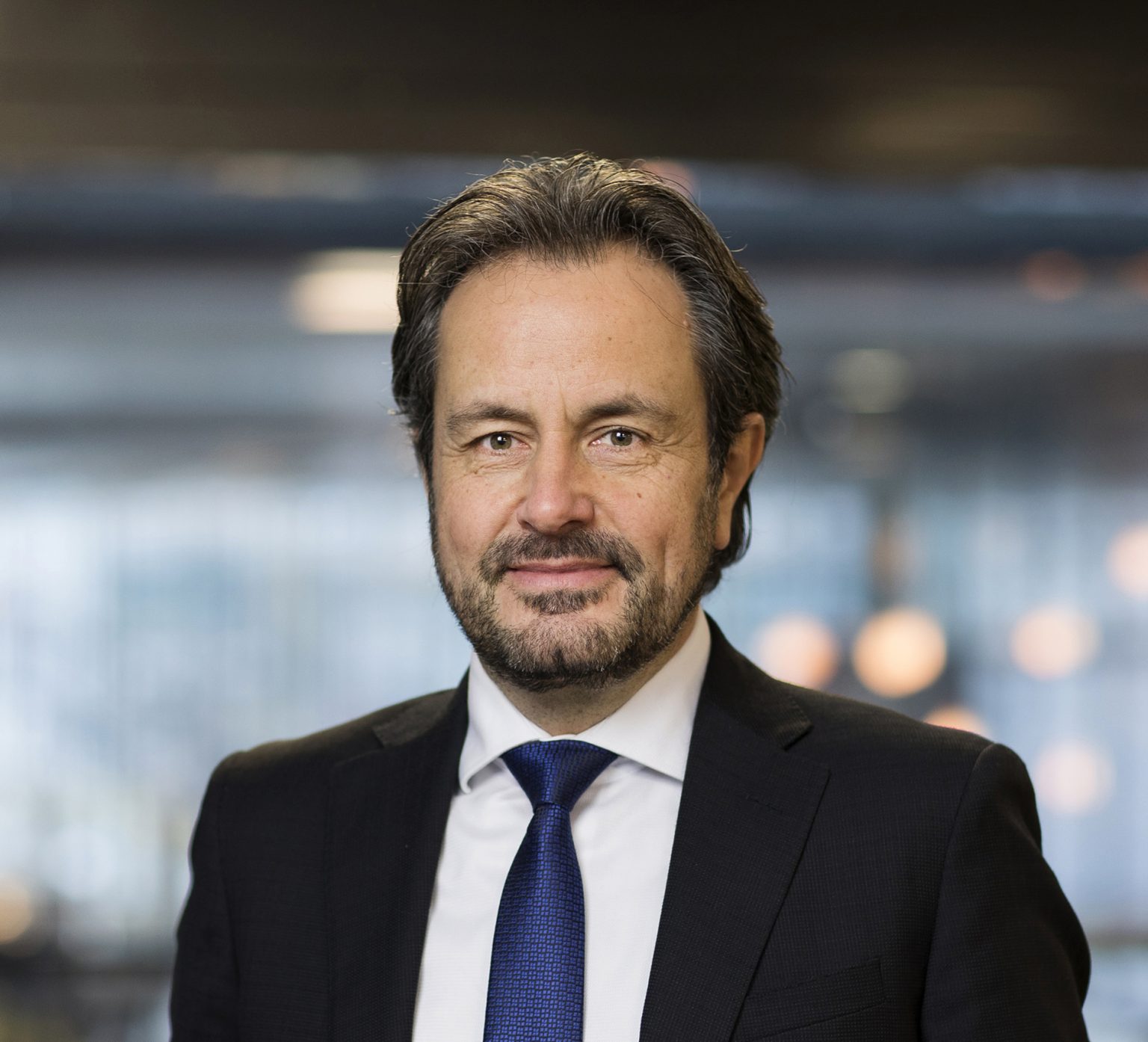New travel pass may turn public transport into a social connector
The 'Onderwegpas' aims to offer free or much cheaper public transport for people on low incomes in the Netherlands.
Published on August 23, 2025
Carlo van de Weijer has a master’s degree in mechanical engineering from the Eindhoven University of Technology and a PhD degree with honors from Graz University of Technology. He has broad experience in the automotive industry. Currently, he is the Managing Director of the Eindhoven AI System Institute (EAISI).
Mobility policy often focuses on passenger kilometers: more railways, more roads. But our public transport should be about social connection. The proposal for the Onderwegpas - or 'Travel Pass' - is a step in that direction, writes mobility expert Carlo van de Weijer.
Public transportation is often discussed in grand terms. Sustainability, accessibility, and future-proofing. But that future may be less secure than we think.
The sustainability argument for public transport is rapidly disappearing, while the comfort and safety of competing modes of transport are improving. But the biggest problem is that the affordability of public transport is under increasing pressure, also for passengers. For example, the price of a Dutch train ticket will rise significantly again next year: by 6% to 9%, as the Ministry of Infrastructure and Water Management recently announced.
There is a logical reason for this: while the costs of public transport are heavily based on hourly rates (for bus drivers, conductors, maintenance staff), the costs of competing modes of transport, such as bicycles and cars, are mainly based on the cost of equipment. And in a developing society, equipment generally becomes cheaper and man-hours more expensive. This is certainly true for public transport; one can leave that to the trade unions.
Participate
All these public transport visions focus far too little on what public transport should essentially be: a simple, reliable, and affordable way for people to participate. In that sense, I was pleasantly surprised by the plans for the Onderwegpas (Travel Pass) as proposed in the government's new Social Climate Plan, with support from the Ministry of Social Affairs and Employment and the Ministry of Infrastructure and Water Management, among others.
The pass offers free or much cheaper public transport for people on low incomes. It is similar to existing municipal initiatives such as those in Amsterdam and Nijmegen. No new train connections, metro lines, or other prestige projects such as the Mobility Alliance (a broad lobby group including NS, ANWB, Bovag, and other mobility parties) and others are constantly promoting. No expensive but marginal transfer hub or shared mobility fantasies, just a concrete scheme that can make the difference between staying at home and participating in society again. Not more, more, more. But different, better, more social.
Major expenditure
While intercity trains are mainly used by relatively affluent people, often to travel longer distances than they would without a train, there are hundreds of thousands of Dutch people for whom even a bus ride to the hospital is too expensive. These people often live in neighborhoods or villages with fewer amenities, do not own a car, and have to carefully consider every expense. For them, public transport is not an alternative to flying or driving, but an alternative to social isolation.
And that is precisely the difference between this idea and many existing public transport subsidies. These subsidies enable people to travel more, further, faster, and often with more subsidy than is strictly necessary. For every kilometer traveled by train, the government contributes an average of 15 to 20 cents. An annual public transportation pass for a commuter between Utrecht and Groningen, therefore, costs the taxpayer thousands of euros per year. This is becoming increasingly difficult to justify.
It is good that this plan seems to focus on the essence of public transport: helping people to get somewhere in the first place. To participate in society again. And that is perhaps the most essential form of mobility there is: being able to visit a friend, attend a meeting at school, apply for a job or an internship. Not sexy, not fast, but invaluable.
In this way, the Onderwegpas touches on something bigger. A vision of mobility that is not about passenger kilometers, but about social connection. Where accessibility is not measured in travel time, but in access to opportunities. Where we don't write off the bus to the village because there are “only” five people on it, but celebrate the fact that five people are not dependent on others because of it.
The great thing is that this does not have to be a loss. If it prevents people from ending up on welfare, elderly people from becoming lonely, and young people from being unable to pursue an education, then in the long run, it will only yield gains. Social gains in the first place, but also hard economic gains. Because nothing is as expensive as people who fall through the cracks.
Forgotten group
Of course, the pass is not a miracle cure. It must be implemented properly, with an eye for abuse and feasibility.
But as part of a fairer and more targeted mobility policy, this is exactly the kind of measure we need more of. Not another luxury high-speed rail link that mainly benefits consultants, city trippers, hipsters, and conference attendees, but a simple product that makes a difference to people who are often forgotten. People who don't shout, don't lobby, but do exist.
There is a good chance that the Onderwegpas will first be launched in a pilot form, but its structural implementation requires political courage and the recognition that the core of public transport is not about more and faster, but about better and, above all, more social.
This column previously appeared in the FD and has been translated and republished with permission.


